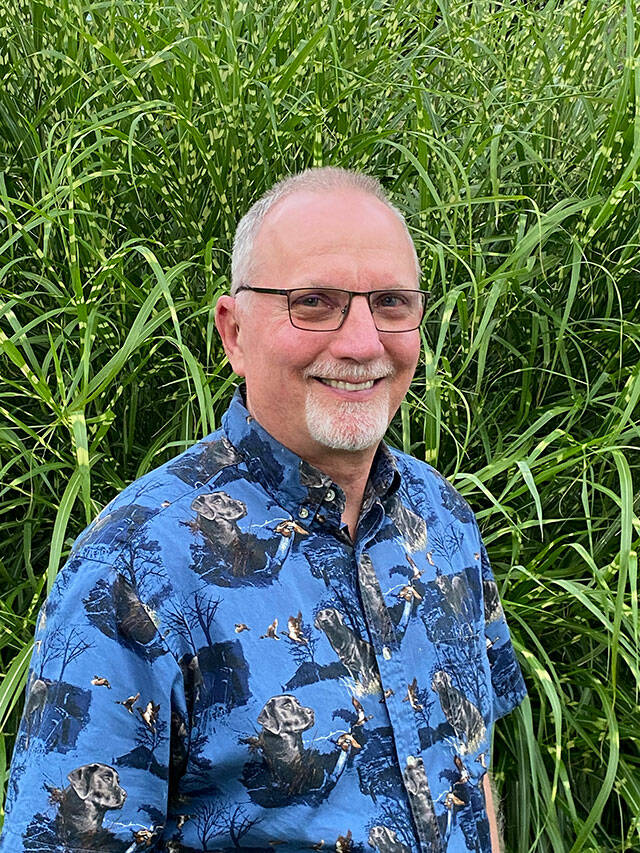The guinea pig’s celebrity (and infamy) dates to the late 1800s and the sundry reputations of the early germ theorists. One by one, the major diseases of the time were reduced to their bacterial causes.” (Slate.com)
Guinea pigs have been used as a way to test cures for humans for a long time. Today, we are, perhaps unknowingly, living in the age when human beings are being used as guinea pigs. In these cases, and others, we don’t know the long-term effects of our decisions. Here are three examples.
Tiny plastic particles can be found everywhere on the planet; from the deepest place in the Mariana Trench in the Pacific Ocean to the top of Mount Everest. Plastic can now be found in our bodies. Plastics are in human lungs, fetal tissues and in human blood. “What we are looking at is the biggest oil spill ever,” Anne Pinto-Rodrigues wrote on sciencenews.org. Plastics were developed because they are “durable, versatile and cheap to manufacture, they are in our clothes, cosmetics, electronics, tires, packaging and so many more items of daily use.”
Plastics are one example of humans becoming guinea pigs. The problem is that we don’t know what damage they may do to our bodies in the long-term.
A second example in our culture is the use of insecticides and herbicides in our food supply. These chemicals may kill insects and weeds, but what long-term effects do they have upon our bodies? In a study by The National Library of Medicine, “Significant positive outcomes were seen in longitudinal studies where increased organic intake was associated with reduced incidence of infertility, birth defects, allergic sensitization, otitis media [inflammation of the middle ear], pre-eclampsia [a complication during pregnancy causing high blood pressure and other forms of organ damage], metabolic syndrome, high BMI, and non-Hodgkin’s Lymphoma [a type of blood cancer].”
It’s not so much that organic foods are superior nutritionally to foods produced using chemicals; it’s that we simply don’t know what the effects of these insecticides and herbicides have on the human body over time. “The current evidence base does not allow a definitive statement on the health benefits of organic dietary intake,” the study continued. Again, humans are acting as guinea pigs in an enormous experiment as to whether one buys the organic or the non-organic-labeled food.
A third area where humans are being used as experimental guinea pigs is in the recent practice of giving gender-affirming drugs that either delay puberty or enhance male or female characteristics. Gender-affirming counseling in schools is also a hotly debated issue. Adolescence is a tough period for all humans when it comes to issues of sex and gender, even without this controversy.
Some argue that such care: “decreases depression, anxiety, and suicide attempts… That care is a medical necessity, like providing insulin to a person with diabetes…. But a growing number of lawmakers, including in Iowa, view some gender-affirming care as medically unsound for youths and even a form of child abuse” according to the Association of American Medical Colleges. Who is right?
What about surgery for those under 18 to permanently change one’s gender? As comedian and political commentator, Bill Maher noted on Mediate.com:
“… People should be allowed to ask questions about the human race ‘changing at a previously unprecedented rate’ without it being attributed to bigotry, especially when it comes to kids. ‘We’re literally experimenting on children,’ he said of puberty blockers and other measures that are part of an LGBTQ ‘trend’ among America’s youth…. Puberty blockers and other actions taken that we either don’t know all of the consequences for taking or that can be a permanent change to a person. ‘This isn’t just a lifestyle decision. It’s medical,” he said. ‘Weighing tradeoffs is not bigotry.’”
We desire certainty, but there is little we can be absolutely certain about. We’re all human and prone to error. Any decision that creates controversy should tell us that the issues are not settled. In all three of these controversies, we have turned human beings into guinea pigs where the outcome may not be known for decades. We need to tread carefully and humbly. No human should be used as a guinea pig.


